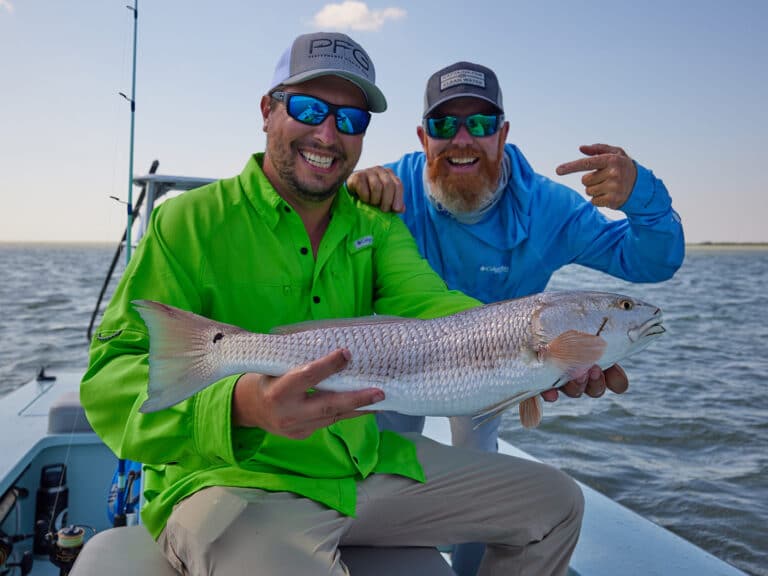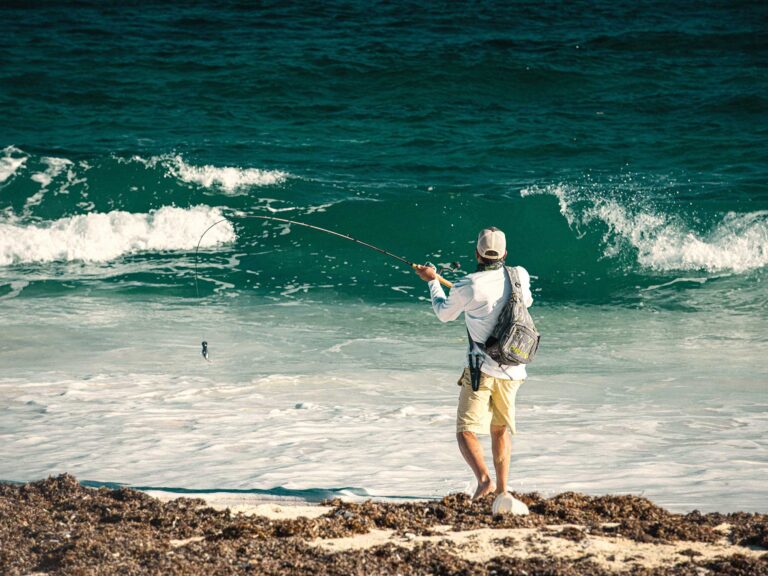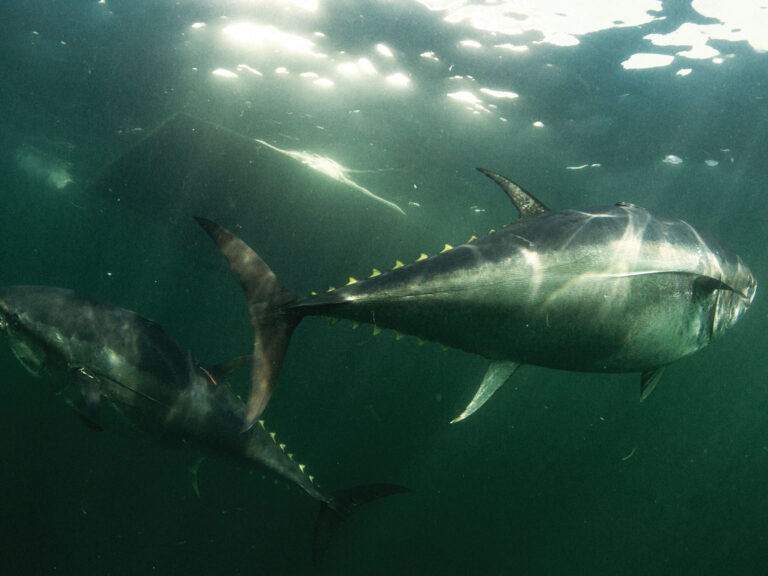Conservationists are sounding the alarm over a proposal to issue Exempted Fishing Permits (EFP) that would crack open the door for the commercial longline industry to fish in conservation zones created in the Atlantic Ocean, Gulf of Mexico and Caribbean Sea.
“While there are undoubtedly legitimate uses for EFPs, in this case they are a thinly veiled excuse to introduce longlining, under the guise of a bycatch studies or other research, back into areas that were justifiably closed to such gear,” said Chester Brewer, chairman of the CCA National Government Relations Committee. “The ocean is a big place, and any research or gear modifications can be studied in areas where longliners are already allowed to set their gear. There is certainly no justification for allowing them into conservation zones. Proposals like this should be rejected outright.”
The conservation zones were originally created to eliminate bycatch and mortality of sailfish, marlins and undersized swordfish and yet the current EFP proposal would authorize the commercial take of tunas, swordfish billfishes and sharks for “scientific data collection and public display.” The National Marine Fisheries Service states the EFPs could be used to allow commercial pelagic longline vessels into conservation zones off the east coast of Florida and the Charleston Bump to investigate bycatch “hotspots.”
Adding insult to injury, the announcement from NMFS states that some EFP applicants are likely to request some form of compensation fishing to offset the expenses for vessel owners participating in the “research” efforts.
“Not only do they want to be allowed to fish commercially in conservation zones, the vessels participating in these ‘research’ efforts would also be exempt from regulations – including seasons – and be allowed to keep and sell whatever they catch,” said Brewer. “It’s outrageous. If the goal is to find the best ways to reduce bycatch, then the time and money spent on these types of proposals would be better applied to a program to switch longliners to less wasteful and destructive buoy gear or just buy them out entirely. That would be far more productive.”
CCA is submitting comments in opposition to the EFP proposal. Your own comments must be received by December 20 and may be sent to:
**Highly Migratory Species Management Division **
National Marine Fisheries Service
1315 East-West Highway
Silver Spring, MD 20910
Fax: (301) 713-1917
Email: NMFS.HMSEFP.2013@noaa.gov









